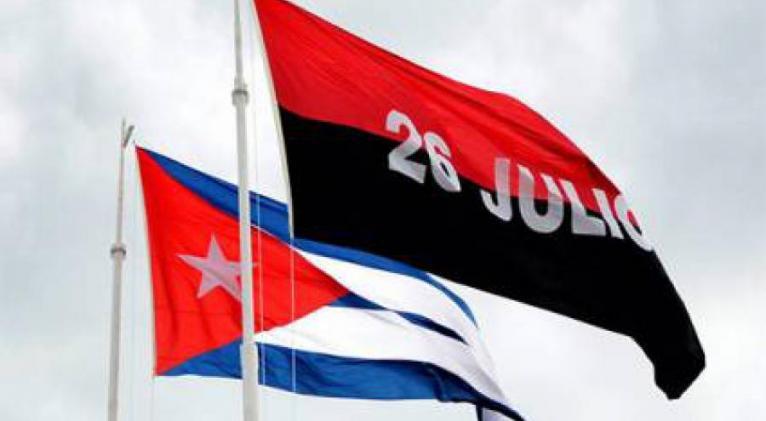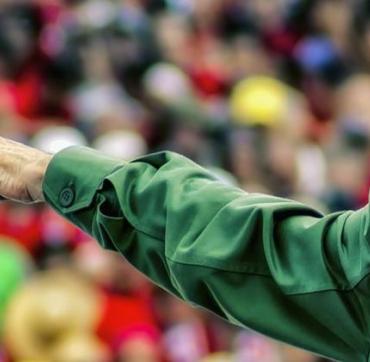70th anniversary of the assault on the Moncada Barracks: feat that debunked a myth
especiales

The history of Cuba would not be the same after the heroic deed of the assault on the Moncada Barracks, which debunked the impossibility of fighting against a repressive army, overcome difficulties and apparently unmatched setbacks, regroup the revolutionary forces after spending time in jail, take a hold in the mountains and the plains, and succeeded.
The concept existed even in revolutionary sectors and honorable people, due to frustrated actions, that a revolution could not be made against that army, and it was precisely this infamous prophecy that Fidel Castro challenged by organizing the attacks on the Moncada and Carlos Manuel de Céspedes Barracks, on July 26, 1953, 70 years ago.
The coup d'état of March 10, 1952 carried out by Fulgencio Batista was the trigger that led this young 25-year-old lawyer to devise a strategy of armed struggle.
After the preparations to confront the dictatorship, without being penetrated by the regime’s intelligence services, the so-called Generation of the Centennial of the birth of José Martí, left for the East of the Island, where the operations would be carried out.
Fidel met with his followers at Granjita Siboney, on the outskirts of the city of Santiago de Cuba, before heading to take over the Santiago military fortress and told them: "They can win in a few hours or be defeated; but in any case, listen well, comrades! In any case, the movement will triumph. If we win tomorrow, what Martí aspired to will be achieved sooner. If the opposite happens, the action will serve as an example to the people of Cuba, to take up the flag and go ahead (…)
A poem by the combatant Raúl Gómez García was also read, which synthesized the decision to fight and one of the stanzas that gave it its title said:
we are already in combat
For defending the idea of all those who have died.
To throw the wicked out of the historic Temple
For the heroic gesture of Maceo,
For the sweet memory of Martí.
The revolutionary force that would carry out the attack on the military fortress was made up of a hundred humble young people of worker, peasant, employee, and students, under a unitary conception and clandestine and compartmentalizing measures.
At dawn on Santa Ana, the combatants broke into the Moncada barracks, while in Bayamo the assault on "Carlos Manuel de Céspedes" was simultaneously taking place. The weapons, ammunition and army uniforms that the attackers would use to increase the surprise were paid by the fighters themselves, contributing with their humble salaries or the sale of personal property.
The leader of the movement led the group that attacked the Moncada’s No.3 surveillance post, while Raul Castro should occupy the Palace of Justice with other men, and Abel Santamaría arrived at the former Saturnino Lora Hospital, but the element of surprise was not achieved when a patrol saw them and confronted them.
The combat was generalized and the guards of the Santiago barracks became strong from their numerical superiority and weapons against the revolutionaries.
The attack on the Bayamo barracks was also unsuccessful as the initial plan failed and the firing of the garrison spread from their positions, forcing the attackers to withdraw.
Batista gave the order to kill the prisoners without any restrictions, and over 50 revolutionaries were killed, many of them in the same courtyard of the building, almost in full view of the people of Santiago.
Few survivors were arrested and sent to prison, including Fidel, Raúl, and Juan Almeida.
Despite the defeat, the people recognized an indisputable leader who, in his self-defense before the court that tried him, known as History Will Absolve Me, denounced the murders, exposed the evils of the prevailing regime and announced his program that began to be achieved from the stage of the insurrectionary struggle in the Sierra Maestra until the triumph of January 1, 1959.
Translated by Sergio A. Paneque Díaz / CubaSí Translation Staff














Add new comment